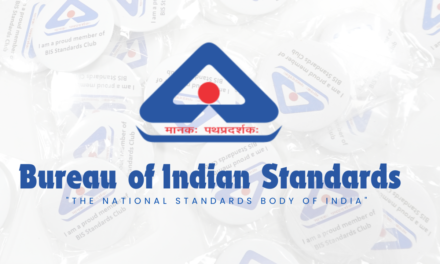How does the production of textile-based toys align with fair labor practices and ethical sourcing standards?
The production of textile-based toys is increasingly aligning with fair labor practices and ethical sourcing standards to ensure that manufacturing processes are socially responsible and environmentally sustainable. Here’s how companies and organizations are implementing these principles:
1. Fair Labor Practices:
- Adherence to International Standards:
- Many companies align their operations with standards set by the International Labour Organization (ILO), such as prohibiting child labor, forced labor, and ensuring safe working conditions.
- Living Wages:
- Manufacturers are committing to paying workers a fair wage that meets their basic needs, rather than minimum wages that might not suffice for sustainable living.
- Safe Work Environments:
- Ensuring safe, clean, and healthy working conditions, with measures such as proper ventilation, fire safety protocols, and protective equipment.
- Worker Empowerment:
- Providing opportunities for workers to unionize, negotiate collectively, and participate in decision-making processes regarding their work.
- Transparent Supply Chains:
- Companies are implementing traceability in their supply chains to ensure ethical practices at every stage, from raw material sourcing to final production.
2. Ethical Sourcing Standards:
- Sustainable Materials:
- Using organic and eco-friendly textiles such as organic cotton, hemp, bamboo, or recycled fabrics sourced from suppliers who follow ethical farming and manufacturing practices.
- Non-Toxic and Safe Inputs:
- Adopting non-toxic dyes, adhesives, and finishes that are safe for children and environmentally friendly.
- Fair Trade Certification:
- Partnering with suppliers certified by organizations like Fair Trade International to ensure that raw materials are sourced from communities that receive fair compensation and support.
3. Certifications and Labels:
- Global Organic Textile Standard (GOTS):
- Ensures that textile products are made from organic fibers and that the production process adheres to strict environmental and social criteria.
- OEKO-TEX® Certification:
- Guarantees that textile-based toys are free from harmful chemicals and produced in socially responsible workplaces.
- Fair Trade Labels:
- Toys bearing Fair Trade certification indicate ethical sourcing and fair wages for workers involved in material production and manufacturing.
- SA8000 Standard:
- This voluntary certification ensures adherence to key fair labor practices, such as no child labor, no forced labor, and a safe working environment.
4. Local Community Support:
- Engaging Artisans:
- Many brands partner with local artisans in developing regions, providing them with stable employment and supporting traditional craftsmanship.
- Capacity Building:
- Companies invest in training programs to enhance workers’ skills, improving job opportunities and fostering economic development.
- Gender Equity:
- Prioritizing women in employment, especially in communities where women are economically marginalized, and ensuring equal pay for equal work.
5. Transparent and Responsible Supply Chains:
- Third-Party Audits:
- Regular audits by independent organizations ensure compliance with ethical sourcing and labor standards.
- Traceability Systems:
- Digital platforms and QR codes allow consumers to trace the origin of materials and verify that products are ethically made.
6. Reducing Environmental Impact:
- Waste Reduction:
- Reusing fabric scraps and adopting zero-waste manufacturing processes.
- Energy-Efficient Production:
- Using renewable energy sources and optimizing manufacturing processes to reduce carbon footprints.
- Biodegradable and Recyclable Materials:
- Prioritizing materials that minimize environmental harm and align with ethical sourcing principles.
7. Partnerships and Collaborations:
- NGOs and Advocacy Groups:
- Collaborations with organizations like Ethical Toy Program or Better Cotton Initiative (BCI) help ensure compliance with ethical practices.
- Industry Alliances:
- Joining initiatives like Amfori BSCI (Business Social Compliance Initiative) or Sedex to improve labor practices across the toy industry.
8. Consumer Awareness:
- Educating Buyers:
- Brands are highlighting their ethical practices through labeling, marketing campaigns, and certifications, empowering consumers to make informed choices.
- Transparency Reports:
- Publishing annual reports that detail efforts to uphold fair labor and ethical sourcing standards.
Challenges and Opportunities:
- Challenges:
- Enforcing standards in developing regions with weaker labor laws.
- Balancing affordability with ethical practices, as sustainable production can be costlier.
- Opportunities:
- Growing consumer demand for ethically made products incentivizes more companies to adopt fair labor practices.
- Technological advancements, such as blockchain, improve traceability and transparency.
By adhering to fair labor practices and ethical sourcing standards, textile-based toy manufacturers not only support workers’ rights and environmental sustainability but also align with the values of socially conscious consumers. These efforts are fostering a more equitable and responsible industry that benefits workers, the environment, and end-users alike.







